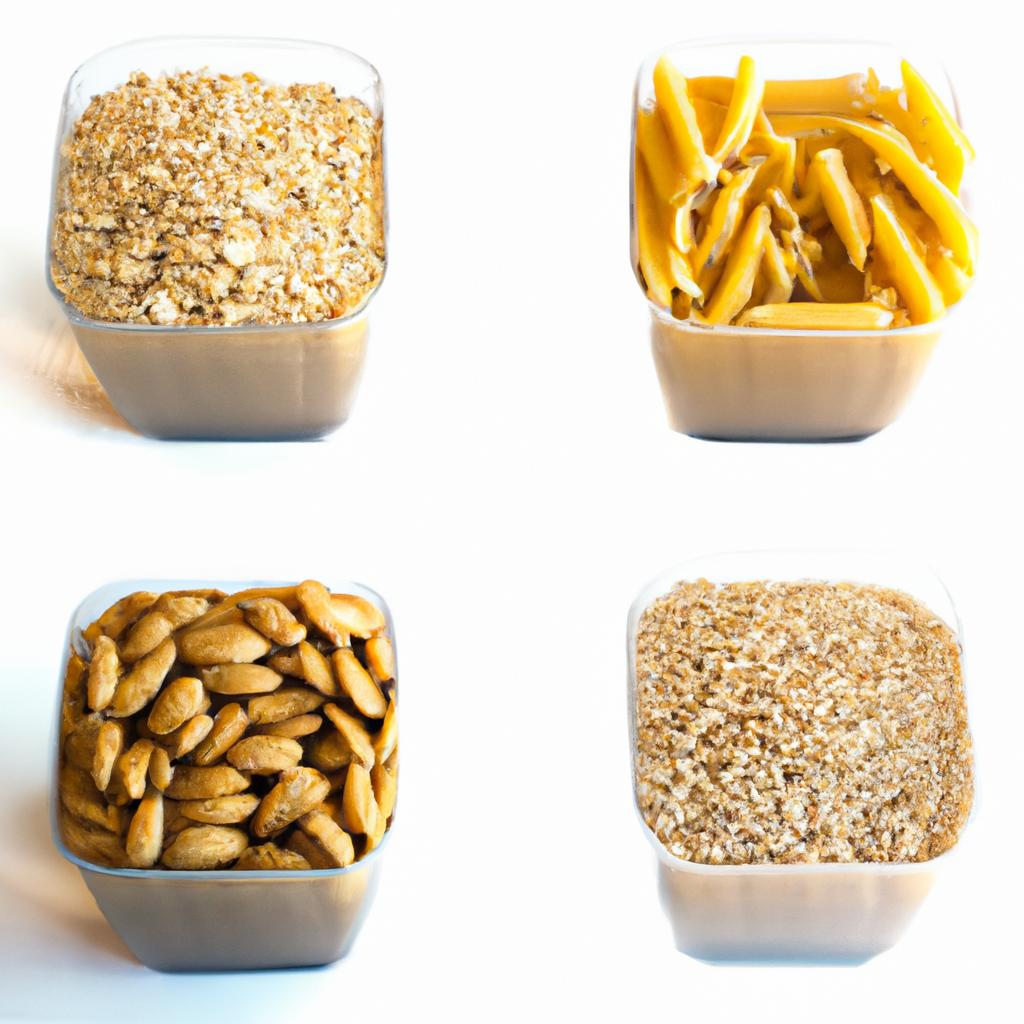Carbohydrate Replenishment Strategies: How Timing Affects Glycogen Restoration
Carbohydrate Replenishment Strategies: How Timing Affects Glycogen Restoration
Athletes prioritize training intensity and duration. Yet, carbohydrate replenishment significantly impacts performance. Proper carbohydrate timing enhances glycogen restoration. Effective replenishment maximizes recovery and prepares athletes for their next workout.
The Importance of Glycogen
Glycogen acts as the primary energy source during exercise. Your body stores glycogen in muscles and the liver. Prolonged exercise decreases glycogen levels. This decline leads to fatigue and impaired performance. Therefore, athletes must restore glycogen levels.
Timing Your Carbohydrate Intake
Timing is crucial for carbohydrate replenishment. The right timing optimizes glycogen storage and enhances recovery. Here are key timeframes to consider.
Post-Exercise Window
The first 30 minutes after exercise matter for glycogen replenishment. During this period, muscles absorb glucose effectively. Consume carbohydrates immediately after your workout. This practice maximizes glycogen storage and speeds up recovery.
1-2 Hours After Exercise
Continue replenishing carbohydrates within the next two hours. Your body needs glucose to restore glycogen levels. A balanced meal with carbohydrates, protein, and fats aids recovery. Aim for a 3:1 carbohydrate-to-protein ratio during this time.
Daily Carbohydrate Needs
Consider your overall daily carbohydrate intake. Adequate carbohydrates throughout the day maintain glycogen stores. Recommendations suggest 6-10 grams of carbohydrates per kilogram of body weight. Adjust these numbers based on your training volume and intensity.
Nutrition Tips for Optimal Glycogen Restoration
Choosing the right foods boosts glycogen restoration. Here are some nutrition tips.
Focus on High-Glycemic Index Foods
After exercise, prioritize high-glycemic index foods. These foods quickly raise blood sugar levels, promoting faster glycogen synthesis. Include white rice, bananas, and sugary drinks in your post-workout meal.
Combine Carbohydrates with Protein
Pairing protein with carbohydrates supports glycogen replenishment. Protein aids muscle repair and recovery. Aim for a 3:1 carbohydrate-to-protein ratio in your post-exercise meals. For example, enjoy a turkey sandwich with fruit or a protein shake with a banana.
Stay Hydrated
Hydration plays a vital role in glycogen storage. Water transports nutrients to cells. Drink plenty of fluids during and after exercise. Electrolyte drinks also support hydration and recovery.
Exercise Advice for Glycogen Management
Your exercise routine impacts glycogen levels. Use these strategies to maintain optimal glycogen stores.
Incorporate Carbohydrate Loading
For endurance events, consider carbohydrate loading. This strategy increases carbohydrate intake days before an event. It maximizes glycogen stores in your muscles. Aim for 8-12 grams of carbohydrates per kilogram of body weight during this phase.
Balance Intensity and Duration
Adjust your training intensity and duration based on carbohydrate intake. Higher intensity workouts require more glycogen. Ensure adequate carbohydrate consumption on days with intense training. Low-intensity sessions may need fewer carbohydrates.
Monitor Recovery
Pay attention to your body’s recovery signals. If you feel fatigued or experience decreased performance, re-evaluate your carbohydrate intake. Adjust your nutrition and training to optimize glycogen restoration.
Health Benefits of Proper Glycogen Restoration
Proper carbohydrate replenishment offers numerous health benefits. Here are a few key advantages.
Enhanced Athletic Performance
Restoring glycogen levels improves endurance and strength. This enhancement leads to better performance in training and competition. Train harder and longer to achieve your fitness goals.
Improved Recovery Times
Effective glycogen restoration speeds up recovery times. Reduced muscle soreness and fatigue allow quicker returns to training. This benefit helps athletes maintain consistency in their workouts.
Reduced Risk of Injury
Proper glycogen levels support muscle function and reduce fatigue. This reduction lowers the risk of injury during training. Maintaining adequate glycogen stores contributes to overall athletic longevity.
Conclusion
Carbohydrate replenishment strategies significantly impact glycogen restoration. Timing your carbohydrate intake improves recovery and performance. Focus on immediate post-exercise nutrition and daily carbohydrate needs. Incorporate high-glycemic foods, combine carbs with protein, and stay hydrated. Adjust your exercise routine based on carbohydrate intake to maximize glycogen stores. Implement these strategies to enhance athletic performance and recovery. Prioritize nutrition and timing for optimal results.
Below are related products to the topic if you’re interested:
FAQ
What is the significance of glycogen in athletic performance?
Glycogen acts as the primary energy source during exercise, stored in muscles and the liver. Prolonged exercise decreases glycogen levels, leading to fatigue and impaired performance. Therefore, athletes must restore glycogen levels to maintain optimal performance.
How important is the timing of carbohydrate intake after exercise?
The timing of carbohydrate intake is crucial for effective glycogen replenishment. Consuming carbohydrates within the first 30 minutes after exercise maximizes glycogen storage. Continuing to replenish carbohydrates within the next two hours is also important to restore glycogen levels efficiently.
What are some effective strategies for carbohydrate replenishment?
Effective strategies include prioritizing high-glycemic index foods immediately after exercise, combining carbohydrates with protein for enhanced glycogen restoration, and staying hydrated. Additionally, consider daily carbohydrate needs and adjust your exercise routine based on carbohydrate intake to maintain optimal glycogen stores.















Post Comment